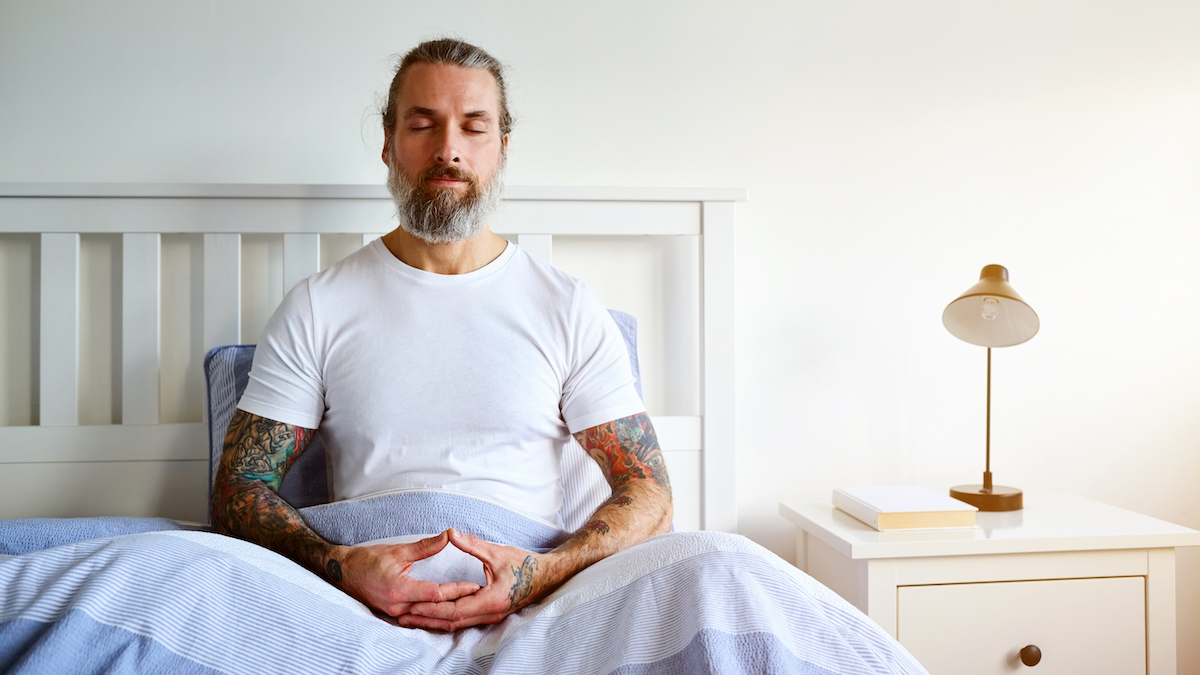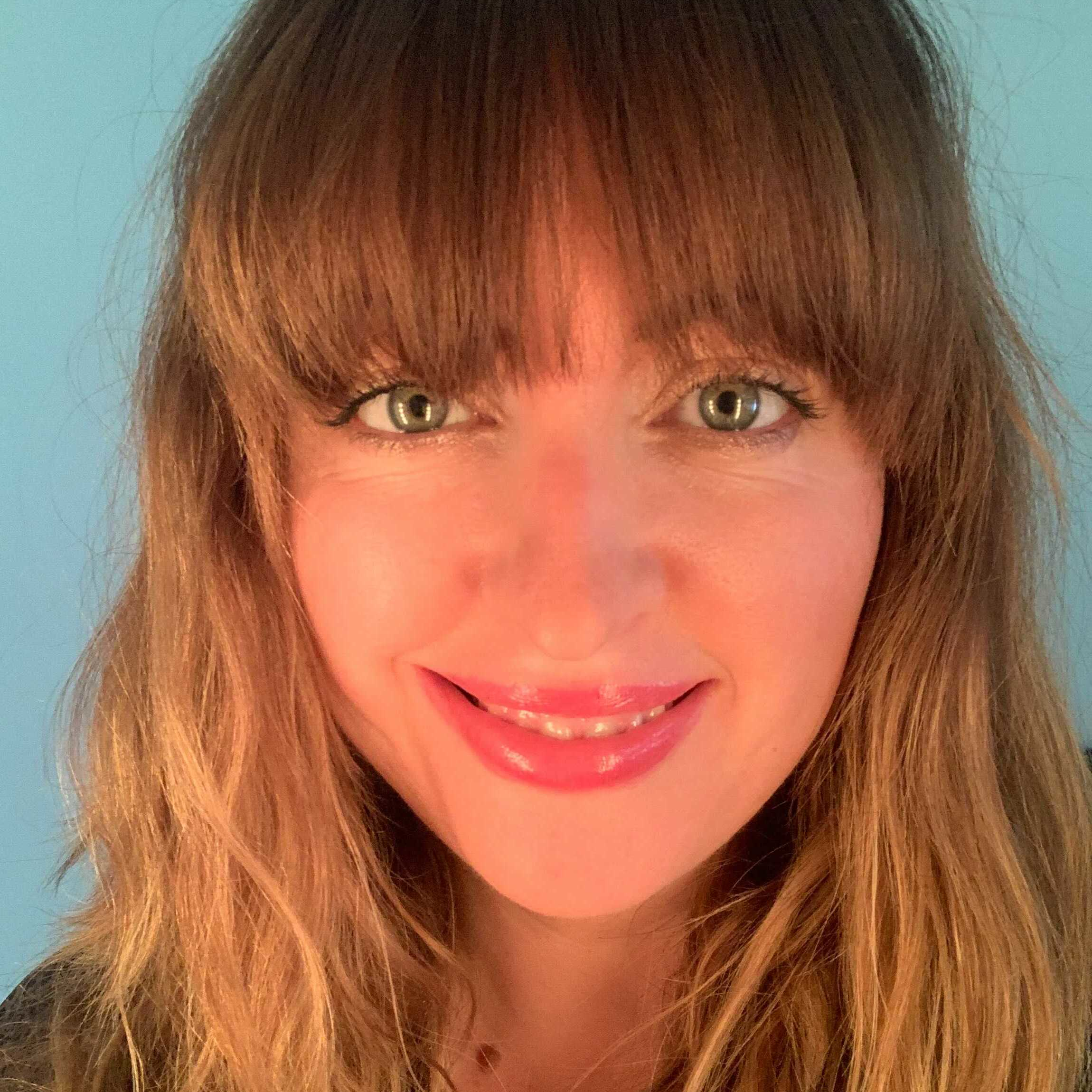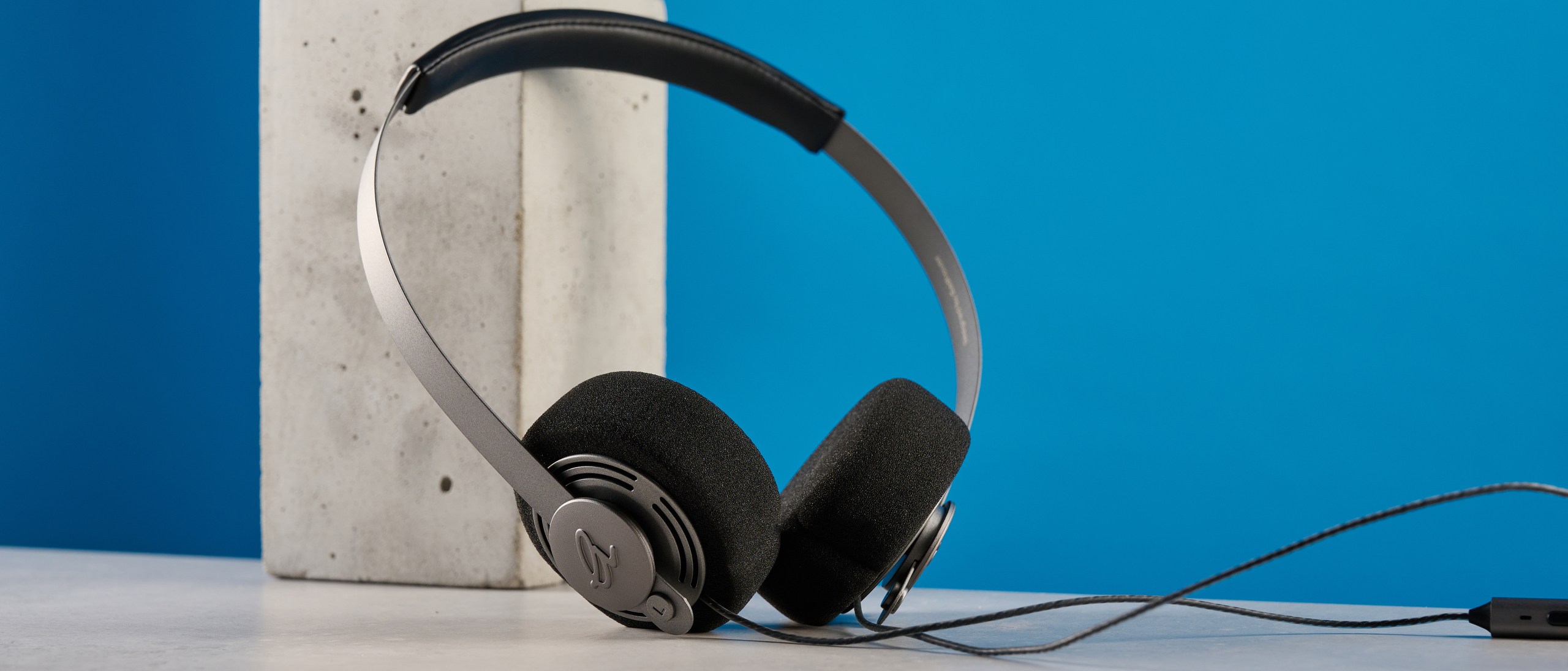Expert rates TikTok’s top 4 sleep hacks, from the mundane to risky
Can TikTok's most viewed sleep hacks help you fall asleep fast? An expert wades in

Here at Tom’s Guide our expert editors are committed to bringing you the best news, reviews and guides to help you stay informed and ahead of the curve!
You are now subscribed
Your newsletter sign-up was successful
Want to add more newsletters?

Daily (Mon-Sun)
Tom's Guide Daily
Sign up to get the latest updates on all of your favorite content! From cutting-edge tech news and the hottest streaming buzz to unbeatable deals on the best products and in-depth reviews, we’ve got you covered.

Weekly on Thursday
Tom's AI Guide
Be AI savvy with your weekly newsletter summing up all the biggest AI news you need to know. Plus, analysis from our AI editor and tips on how to use the latest AI tools!

Weekly on Friday
Tom's iGuide
Unlock the vast world of Apple news straight to your inbox. With coverage on everything from exciting product launches to essential software updates, this is your go-to source for the latest updates on all the best Apple content.

Weekly on Monday
Tom's Streaming Guide
Our weekly newsletter is expertly crafted to immerse you in the world of streaming. Stay updated on the latest releases and our top recommendations across your favorite streaming platforms.
Join the club
Get full access to premium articles, exclusive features and a growing list of member rewards.
TikTok is overrun with weird and wonderful sleep hacks such as the recently viral Navy Seal 8 Minute Nap, drinking tart cherry juice, and The Military Technique, but just how effective are these hacks? And do any pose a risk to your sleep health?
It seems we weren’t the only ones feeling curious about TikTok’s sleep hacks, as Dr Dave Gibson, a sleep expert for leading mattress manufacturer Eve Sleep, recently dug into the videos to assess their risk levels.
Of the seemingly endless sleep hacks on TikTok, Dr Gibson, founder of The Sleep Site, focused on four of the most viewed:
- Navy Seal 8 Minute Nap
- The Military Technique
- Cognitive shuffling
- Paradoxical intention
The Military Technique
People are obsessed with falling asleep in two minutes, but for most of us that just isn’t realistic - unless we’re sick or sleep deprived. That still didn’t stop TikTok fitness influencer Justin Agustin from racking up over 11 million views for his take on The Military Technique, designed by the US forces to help soldiers fall asleep in two minutes or less.
Dr Gibson’s verdict: “This technique does to a certain extent makes sense, as by relieving any tension in your body, you allow both your mind and body to relax completely,” explains Dr Gibson, “which will help with falling asleep.
“This technique would certainly take some practice and likely will not work the first time, but if you do manage to crack it, maybe don’t expect to be asleep in 10 seconds. This seems a little too optimistic to me!
“If you do want to give this hack a try, my top tip would be to adapt the technique by breathing out longer than breathing in, as it helps slow down the heart rate and relax the nervous system.”
Get instant access to breaking news, the hottest reviews, great deals and helpful tips.
Navy Seal 8-10 Minute Nap
The Navy Seal 8 Minute Nap hack has been doing the rounds on TikTok, with creator Mikhalia Peterson garnering over 8.5 million views. The hack involves lying on the floor with your legs elevated, setting your alarm for 8-10 minutes, then sleeping.
The effect? Feeling like you’ve slept for six hours, apparently. But as we found out when looking at how to sleep 8 hours in 3, it isn’t possible to replicate hours of sleep in short periods.
Dr Gibson’s verdict: “The idea of falling asleep quick enough to nap for 8 minutes before your alarm goes off doesn’t sound too realistic." Dr Gibson says. “Equally, comparing the benefits of 8 minutes sleep versus 6 hours of night-time sleep is nonsense. Yes, some of your cognitive processes might feel sharper but the rest of the benefits of sleep such as rejuvenating your body, brain and immune system amongst others just won’t be there.”
“The elevation of the legs is an interesting twist in terms of blood return to the heart, but not one to try if you suffer from lower back pain. Also, most of those who are able to even fall asleep quickly enough to get a nap in under 8 minutes are most likely sleep deprived in the first place.”
The cognitive shuffling TikTok sleep hack
Thinking of a stream of random words takes more effort than you’d first think, and that’s the idea behind this weird sleep hack for helping you fall asleep faster in five minutes. Joel Chester’s video has been viewed over 5.5 million times and is based on a trick his Oxford professor told him...
Dr Gibson’s verdict: “I would liken this tactic to the age-old ‘counting sheep’. It’s a mundane task that eventually tires your mind to the point it shuts off - thus you fall asleep.”
“Again, I do think this tactic can work, but under five minutes feels slightly optimistic." Says Dr Gibson. "To take this technique one step further, I’d recommend combining this sort of visualisation with one such as walking along a beach or in a forest and wondering what you will find.”
Paradoxical intention
Dr Karan is famous on TikTok for his simple sleep hacks, and the latest to go viral is based on paradoxical intention. According to Dr Karan, instead of focusing on falling asleep, you mentally say ‘Don’t sleep, don’t sleep’ over and over. So the complete opposite of what you want to happen. It works for some, but others might be dicing with sleep danger.
Dr Gibson’s verdict: “This is a really interesting hack, based on some research done in the UK where those who kept their eyes open fell asleep faster than those who closed their eyes to try to get to sleep, or essentially pushing themselves to sleep when not tired.
“I can see elements of this technique working, however, it will require some practice and may work better alongside other sleep therapy techniques as part of a multi-tactic approach.
“There is of course the risk of this hack keeping you up far later than you’d like if you’re genuinely not tired." Dr Gibson cautions. "In this case, utilising a hack that is more likely to tire your mind will work better than telling yourself to stay awake.”
Only go the bed when you’re tired
Lying in bed unable to sleep is frustrating and you’ll end up dwelling on how you’re not falling asleep. Dr Gibson’s advice? Hit the hay only when you feel tired. “There’s no point in lying awake in bed. This in fact makes it harder to sleep as your brain then associates your bed as somewhere where you ‘stay awake’ rather than ‘nod off’.”
Also make sure your bedroom is optimised for sleep. Keep it cool, dark and quiet, and consider investing in the best mattress for your sleep style, as well as some comfy pillows to support your head during rest.

Claire is a Certified Sleep Science Coach and the Managing Editor of Sleep at Tom's Guide. She curates our mattress guides and oversees our rigorous mattress testing procedures. Claire has over 16 years' product review experience and is connected to a wealth of globally renowned sleep experts including mattress designers and buyers, neuroscientists, and doctors of sleep medicine. As the Managing Editor of our Sleep and Mattress Team, Claire is responsible for all mattress and sleep content published on Tom’s Guide and is our expert on Saatva, DreamCloud, and Nectar mattresses. Claire is also certified to advise people on how to choose a mattress that suits their needs and budget, as well as helping them to create a nighttime routine and bedroom environment that helps them sleep better.
 Club Benefits
Club Benefits










